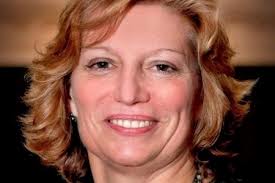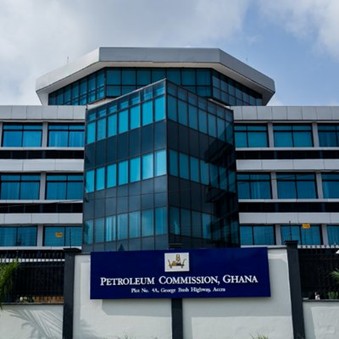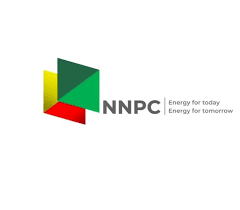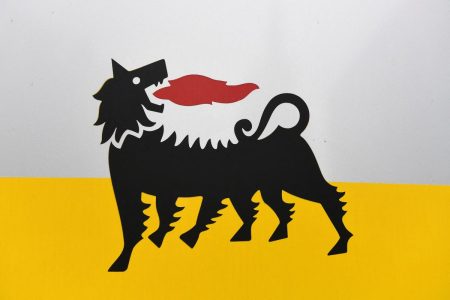
12 August 2014, Lagos – Total Exploration and Production Nigeria Limited (TEPNG) has invested about $10 billion (N1.6 trillion) in the nation’s oil and gas sector in the last five years, even as it pledged further investment and completion of some complementing projects before the end of this year.
The oil multinational, in some documents obtained by The Guardian, recently, stated that a number of projects such as the OB 129 project; the Field Logistic Base, the O.U.R and NOPL pipelines are at advanced stages of completion, with expectation that they would be commissioned by the end of 2014 and early 2015 respectively.
The report said Total has contributed about 2.2 billion barrels to Nigeria’s oil production base since the last 47 years.
Meanwhile, the Managing Director of the Company, Elisabeth Proust, at the just concluded Nigerian Annual International Conference and Exhibition, urged Nigeria to brace up for future challenges, due to the progressive change in the world energy mix.
Proust, who was represented by the Deputy Managing Director, Total Deepwater, Charlesm Ngoka, said fosil fuel energies would represent 74 per cent of energy supply in 2035; gas would become the second largest energy source with 25 per cent, share of nuclear would remain constant at 6 per cent, while oil would drop to about 28 per cent. He added that strong growth of new energies may emerge from solar and wind.
He however noted that the increasing new supply of Liquefied Natural Gas (LNG), shale oil and gas, is intensifying global competition for access to demand market for oil and gas.
According to him, recent large discoveries in East Africa are presenting new opportunities for investors, thereby increasing competition.
Besides, he said the oil and gas industry will invest over $10 trillion in Capex between 2015 and 2025, and there will be winners and loosers.
“Globally, competition for investment is increasing, while countries perceived as stable (U.S, Canada and Australia) are more successful in attracting investment,” he said.
– The Guardian



